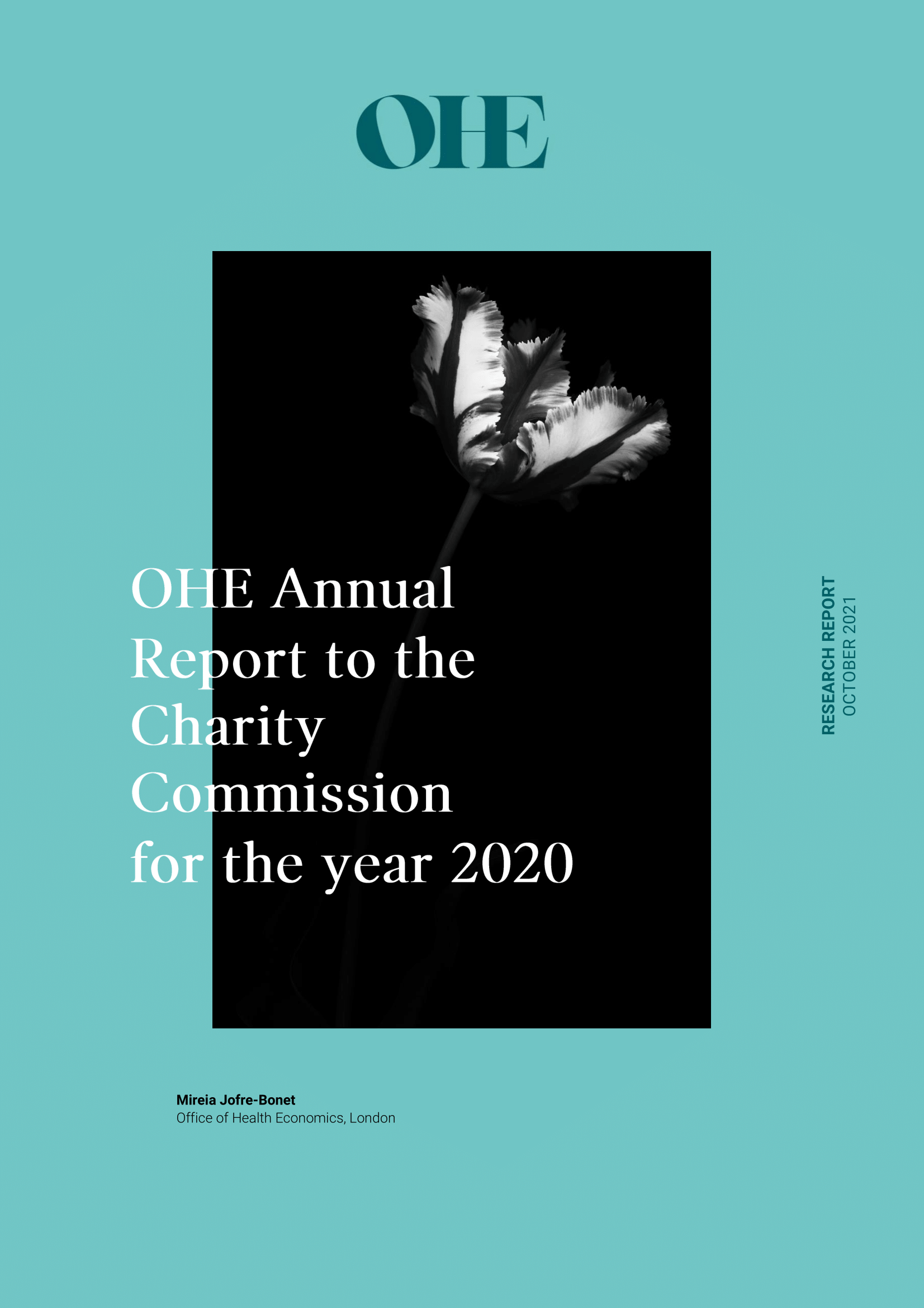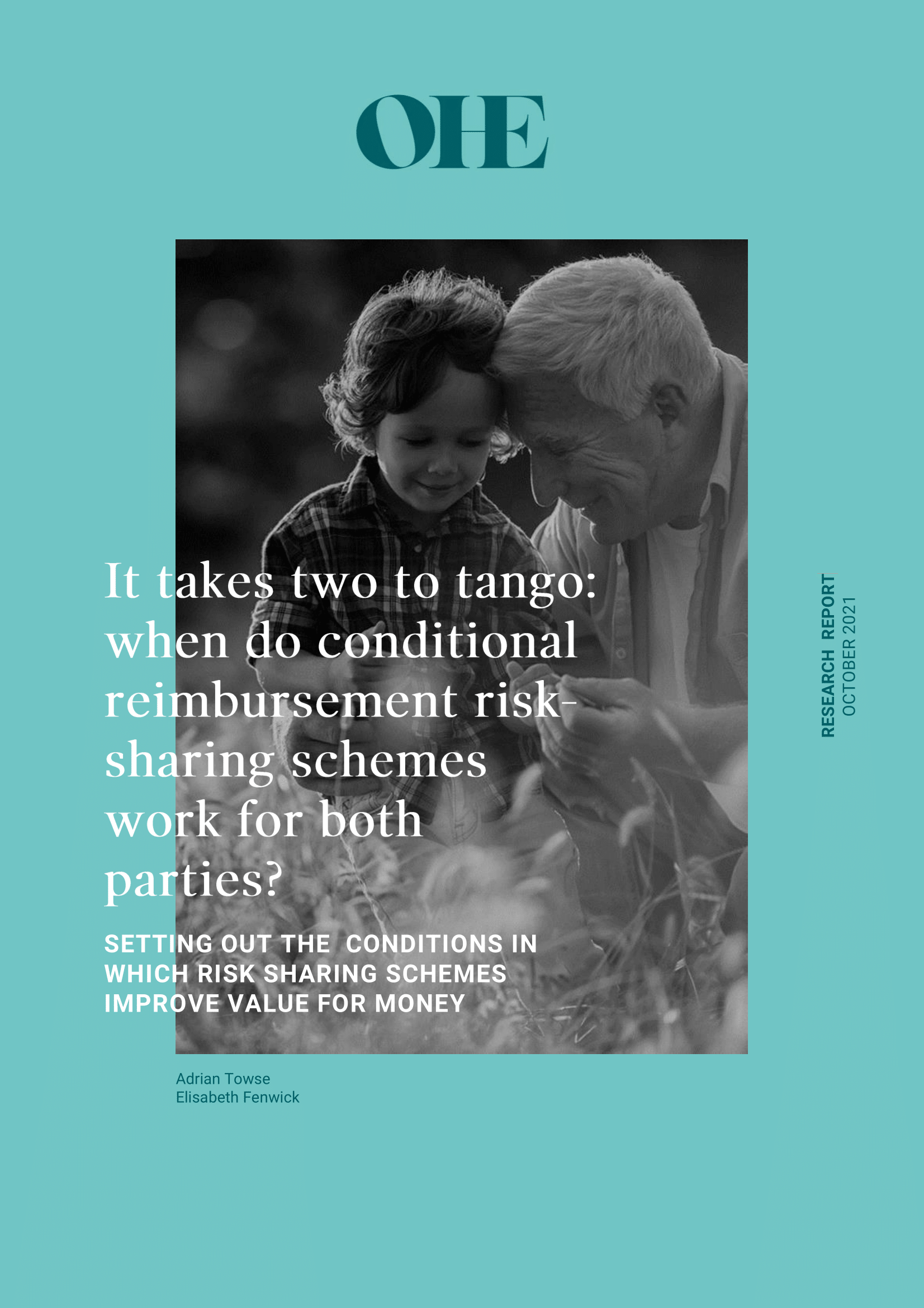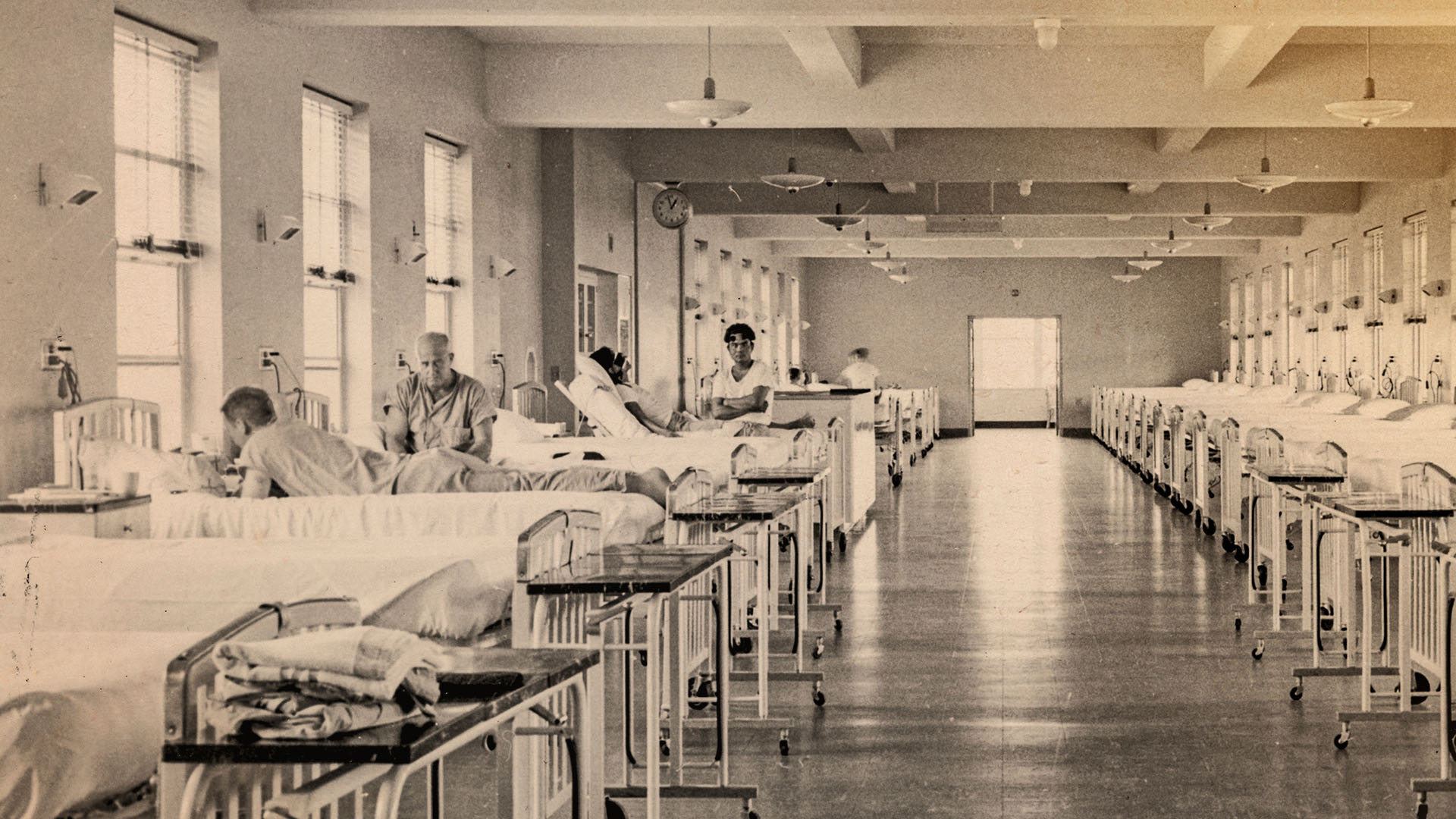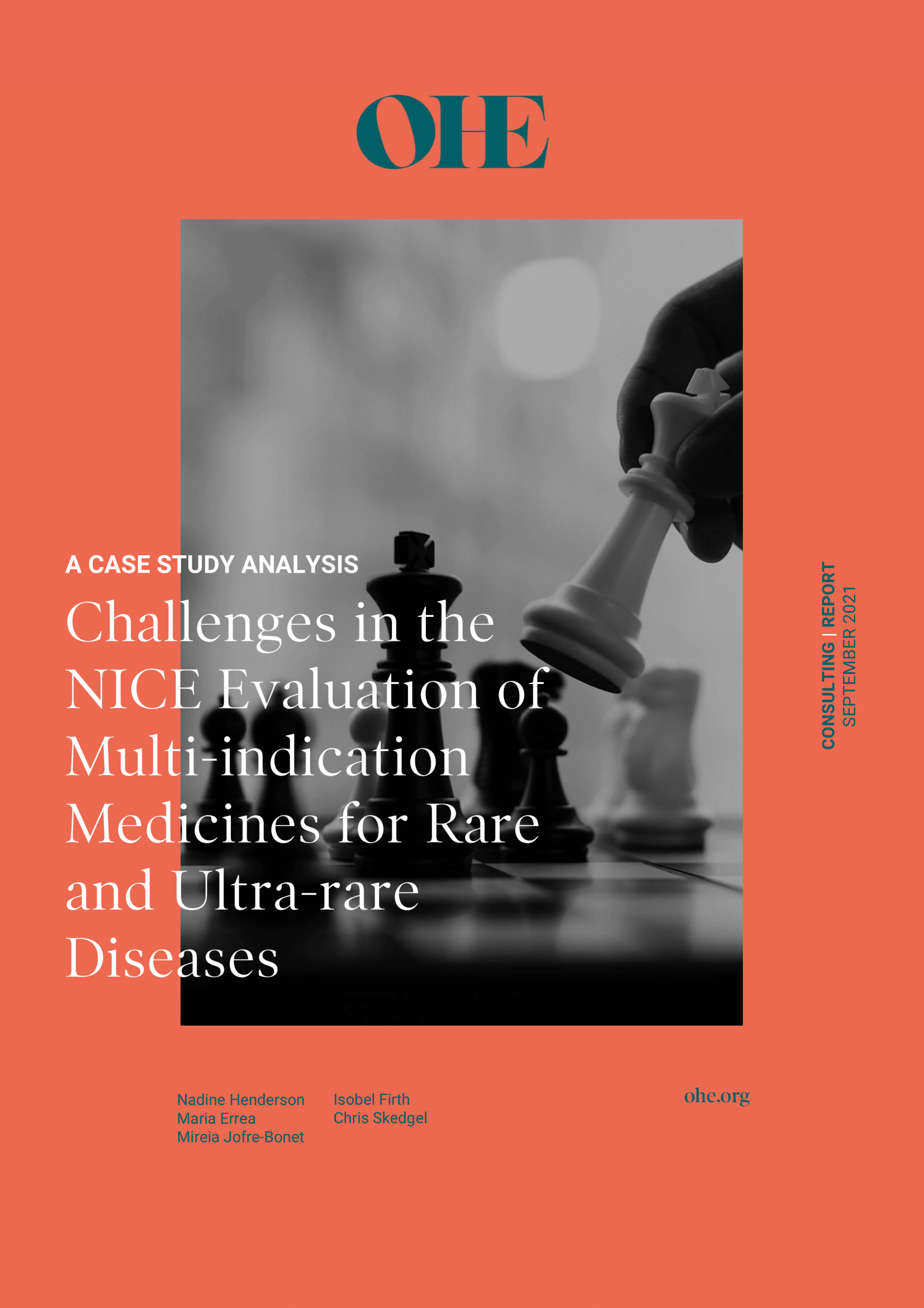Sign up to our newsletter Subscribe
2020 OHE Annual Report to the Charity Commission

Sign up to our newsletter Subscribe



A special issue of the Journal of Cancer Policy entitled ‘Value and Cancer’ includes three papers authored by OHE researchers.
Professor Bengt Jönsson, a member of OHE’s Research and Policy Committee, is guest editor of a special issue of the Journal of Cancer Policy entitled ‘Value and Cancer’. The issue covers a range of topics related to the assessment of the value conferred by cancer treatments. It includes three articles authored by OHE researchers.
The first article, authored by Professors Nancy Devlin and Paula Lorgelly, discusses the use of the quality-adjusted life year (QALY) as a measure of value in cancer. The authors describe how some aspects of benefit to patients and society are not captured by QALYs, and explore the issues with applying generic patient-reported outcome measures to cancer patients.
The second article, authored by Koonal Shah, examines whether willingness to pay is higher for cancer prevention and treatment. The extent of support for a ‘cancer premium’ is assessed through a review of empirical public preference studies, including selected studies from the literature on the value of a statistical life and the value of a prevented fatality.
The third article, authored by Professors Adrian Towse and Lou Garrison, focuses on precision cancer medicine. Lou Garrison was recently appointed as an OHE Senior Visiting Fellow. The authors identify and discuss key conceptual, implementation and policy issues in applying value assessment in precision cancer medicine. They highlight the need for flexible value-based pricing for cancer drugs and diagnostic tests based on incremental value in order to encourage personalised medicine.
The first two articles are available open access. All three can be downloaded here.
For more information on OHE’s research on the economics of cancer, contact Paula Lorgelly.
Related publications:
Cole, A., Lundqvist, A., Lorgelly, P., Norrlid, H., Karlsberg Schaffer, S., Lewis, F., Hernandez-Villafuerte, K., Lindgren, P., Garau, M., Welin, K-O., Bianchi, S., Althin, R., O’Neill, P., Persson, U., and Towse, A., 2016. Improving Efficiency and Resource Allocation in Future Cancer Care. Consulting Report. London: Office of Health Economics.
Garau, M., Shah, K.K., Mason, A., Wang, Q., Towse, A. and Drummond, M., 2011. Using QALYs in cancer: A review of the methodological limitations. Pharmacoeconomics, 29(8), pp.673-685.
Rejon-Parrilla, J.C., Hernandez-Villafuerte, K., Shah, K., Mestre-Ferrandiz, J., Garrison, L. and Towse, A., 2014. The Expanding Value Footprint of Oncology Treatments. Consulting Report. London: Office of Health Economics.
Richards, M., 2011. Achieving World Class Outcomes in Cancer Treatment. Monograph. London: Office of Health Economics.
An error has occurred, please try again later.
This website uses cookies so that we can provide you with the best user experience possible. Cookie information is stored in your browser and performs functions such as recognising you when you return to our website and helping our team to understand which sections of the website you find most interesting and useful.
Strictly Necessary Cookie should be enabled at all times so that we can save your preferences for cookie settings.
If you disable this cookie, we will not be able to save your preferences. This means that every time you visit this website you will need to enable or disable cookies again.
This website uses Google Analytics to collect anonymous information such as the number of visitors to the site, and the most popular pages.
Keeping this cookie enabled helps us to improve our website.
Please enable Strictly Necessary Cookies first so that we can save your preferences!